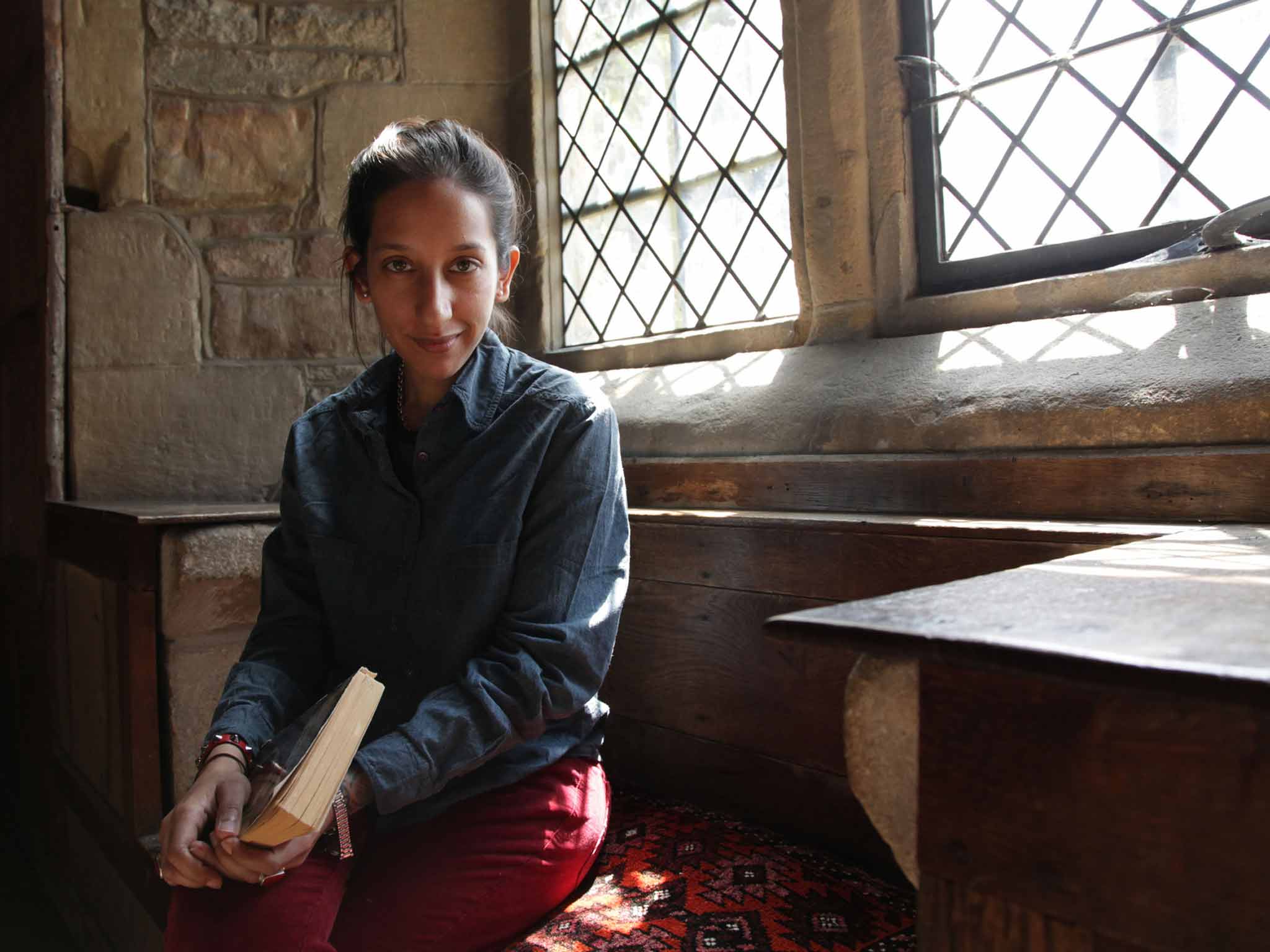The Secret Life of Books, BBC4 - TV review

Your support helps us to tell the story
From reproductive rights to climate change to Big Tech, The Independent is on the ground when the story is developing. Whether it's investigating the financials of Elon Musk's pro-Trump PAC or producing our latest documentary, 'The A Word', which shines a light on the American women fighting for reproductive rights, we know how important it is to parse out the facts from the messaging.
At such a critical moment in US history, we need reporters on the ground. Your donation allows us to keep sending journalists to speak to both sides of the story.
The Independent is trusted by Americans across the entire political spectrum. And unlike many other quality news outlets, we choose not to lock Americans out of our reporting and analysis with paywalls. We believe quality journalism should be available to everyone, paid for by those who can afford it.
Your support makes all the difference.In this week's popular literature series The Secret Life of Books on BBC4 it was Charlotte Brontë's Jane Eyre being given a spirited rereading by the writer and broadcaster Bidisha.
A perennial favourite of teenage girls, Jane Eyre had been an inspiration for the self-described "baby novelist" when she published her first book, aged just 18. Now in her thirties, Bidisha is no longer so impressed by the hunky Mr Rochester's "considerable breadth of chest" and moody temperament. "I now see the relationship between Rochester and Jane as an extremely abusive one," she told us.
Bidisha and Brontë biographer Rebecca Fraser had a fiery disagreement about the "masochistic" undertones of Eyre's love story. What better way to remind us of the continued vitality of a classic than nearly coming to blows over rival interpretations? Love letters Brontë wrote to her Belgian teacher Constantin Héger, said to be a model for the character of Mr Rochester, were enough of a hint at the novelist's own passionate nature to set us imagining at other biographical parallels.
Who was Charlotte Brontë, really? That was the question that also underpinned Bidisha's other concern, with the descriptions of "madwoman in the attic", Bertha Mason, which can strike a modern reader as both racist and sexist. For some reason, Bidisha never referenced Wide Sargasso Sea, Jean Rhys's famous post-colonial take on Mason's untold story, but she did meet up with literary theorist Professor Terry Eagleton on a boat in the old slavers' port of Liverpool. It was his suggestion that gave Bidisha and any other uneasy Jane Eyre fans a new way into loving their controversial favourite. Charlotte Brontë was the Tory daughter of an Anglican clergyman, but perhaps a novel can be radical despite the conservative background of its author?
Join our commenting forum
Join thought-provoking conversations, follow other Independent readers and see their replies
Comments